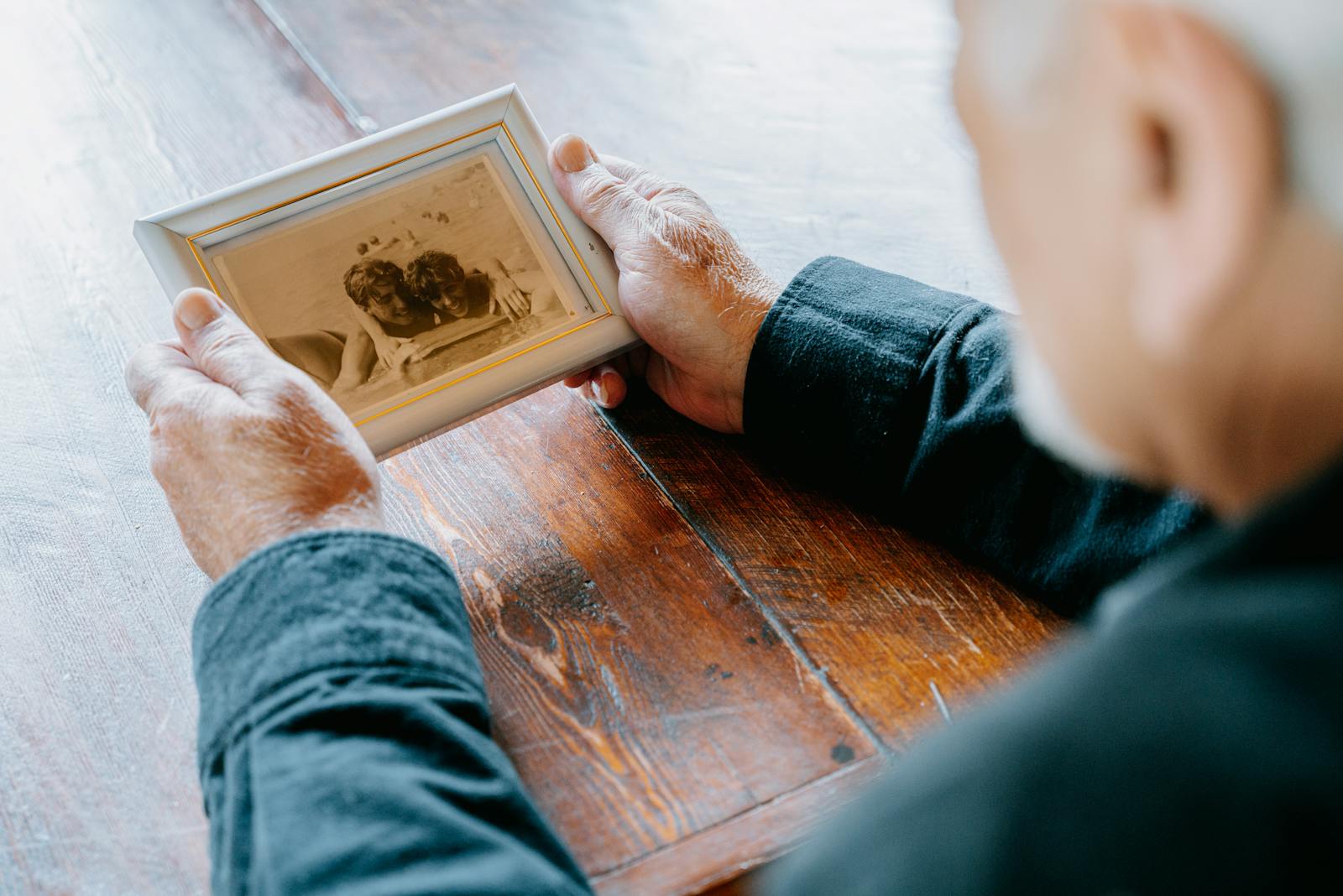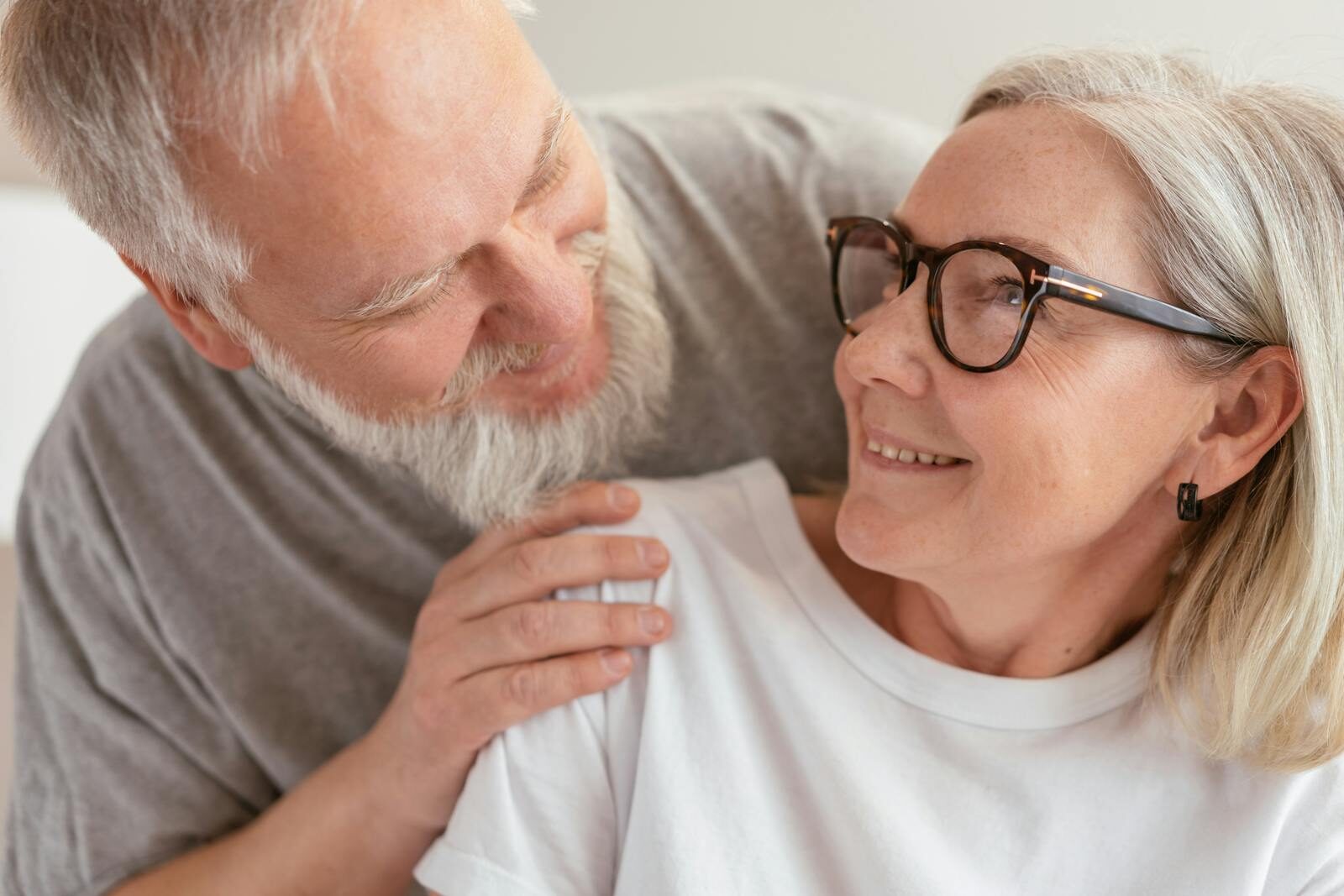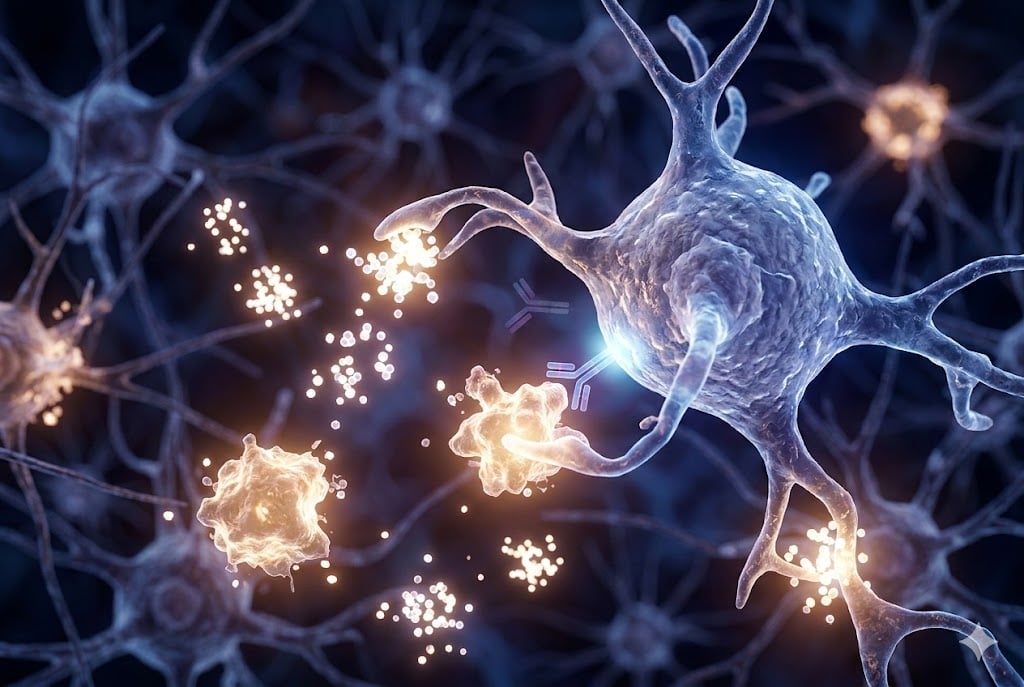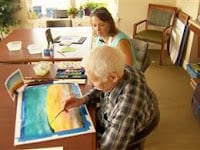
Teaching Dancing for Dementia
Video: Learn how to use dance effectively in dementia. See how “Bolton Dementia’s Trinity Trotters” evolved their version of dance exercises.

Video: Learn how to use dance effectively in dementia. See how “Bolton Dementia’s Trinity Trotters” evolved their version of dance exercises.

A new workshop at the Flint Institute of Arts is making waves in the Alzheimer’s and dementia community.

Teepa Snow: EMERGENCIES FROM FALLS increase 54% in dementia. Many happen while trying to sit down. Falls injure 1-in-3 seniors. See how to help them sit down safely.

Learn to use photos and photo albums as a fantastic dementia activity. See how they easily reduce social isolation and depression, providing comfort to people with dementia.

An intriguing study of 120 grandmothers might surprise you. Doctors know socially engaged people have better cognition and less dementia. But can a person get too much of a good thing? What’s the right balance?

FULL MOVIE: “The 5th Dementia” is a diverse music band of people with dementia. When the music starts, they are transformed, diving in with no sheet music. Watch powerfully personal stories reveal this inexplicable phenomena.

See how The Virtual Forest Project lifts people with dementia.

Damon McLeese is teaching Alzheimer’s patients to leverage their power to forget, by forgetting to “stay within the lines,” using graffiti. See Damon tell the heartwarming story of his latest collaboration.

M.I.T.’s Rendever takes dementia residents like Miriam Keith back to wonderful places no longer accessible to them.

Is keeping seated and sedentary, while intellectually stimulated, part of the best way to care for your brain?

When Memory Loss Becomes Invisible to Those Who Need Help Most

Ketone-rich diets increase the SIRT3 protein that protects neurons from death during the progression of Alzheimer’s disease. But how does it work? Find out more.

A safer Alzheimer’s treatment may be on the horizon — but families still have meaningful choices today.

The co-founder of a caregivers’ organization introduces technology he has found helpful in caring for his grandmother with dementia.

People with dementia are enjoying yoga and dance classes at the Alzheimer’s Association. See why caregivers find the classes “EXTREMELY helpful.”

Swiss researchers find that people with certain personality traits are protected against Alzheimer’s disease, including those who are less agreeable, had natural curiosity, and were nonconformists. Find out why.

Learn about ‘personalized music for dementia’ and its powerful effect on Alzheimer’s. See the Director of the hit film, ‘Alive Inside’, on the dementia-impact of music.
No spam, only news and updates.


